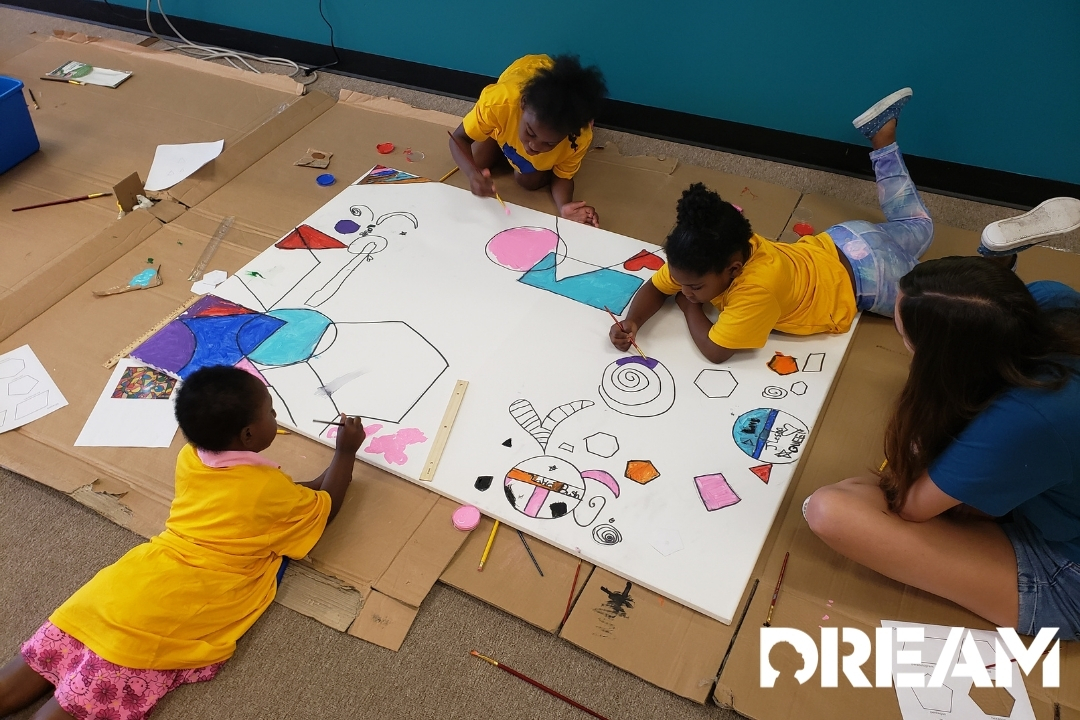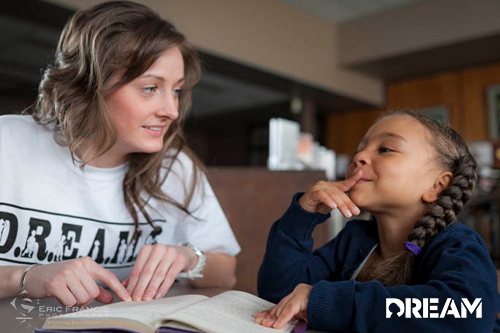Teaching kids about money is an essential life skill that can set them up for financial success in the future, just like our after-school programs for kids. Understanding basic financial concepts like saving, spending and budgeting can help children make informed decisions and develop responsible money habits. Here are some fun and practical activities to help kids learn about money through interactive games and hands-on projects!
The allowance game
One of the simplest ways to teach kids about money is by giving them an allowance. Create a system where they earn money for completing chores or tasks around the house. Use this opportunity to discuss the importance of saving a portion of their allowance, spending wisely and even donating to a cause they care about. This hands-on experience helps kids understand the value of money and the importance of managing it responsibly.
Savings jar challenge
Introduce the concept of saving by creating a savings jar challenge. Give your child a clear jar and encourage them to save a portion of their money, whether it's from an allowance, birthday gifts or other sources. To make it more engaging, set a savings goal together and track their progress with colorful stickers or markers on the jar. Celebrate their achievements when they reach their goal, reinforcing the rewards of saving.
Play “store” at home
Set up a mini store at home with items like toys, books and snacks. Give your child play money and price tags for each item. Let them practice making purchases, giving change and budgeting their money. This role-playing activity teaches kids about the value of money, making choices based on their budget and the basics of transactions.
Board games and apps
There are many board games and apps designed to teach kids about money management in a fun and interactive way. Games like Monopoly, The Game of Life and Payday can help children understand concepts like earning, spending, saving and investing. Look for educational apps that offer interactive money lessons and activities tailored to different age groups.
Create a family budget
Involve your child in creating a simple family budget. Show them how you allocate money for different expenses such as groceries, utilities, entertainment and savings. Use this opportunity to explain the difference between needs and wants, as well as the importance of prioritizing essential expenses. Encourage them to ask questions and share their thoughts on managing money.
DIY piggy banks
Make saving fun by creating DIY piggy banks together. Use materials like empty jars, boxes or plastic bottles, and let your child decorate their piggy bank with paint, stickers and markers. Having a personalized piggy bank encourages kids to save their money and take pride in their savings efforts.
Plan a “dream” purchase
Help your child understand the concept of goal setting and delayed gratification by planning a "dream" purchase. Whether it's a toy, game or special outing, guide them in setting a savings goal and creating a plan to achieve it. Break down the cost into smaller, manageable amounts and track their progress together. Celebrate when they reach their goal and make the purchase, reinforcing the benefits of saving and planning.
Teach philanthropy
Introduce the concept of philanthropy by encouraging your child to set aside a portion of their money for charitable giving. Discuss different causes and organizations they might be interested in supporting. Let them choose where to donate their money and explain the impact their contribution can have. This activity teaches kids about empathy, generosity and the importance of giving back to the community.
After-school programs for kids help with future success
Teaching kids about money doesn't have to be daunting or boring. By incorporating fun and practical activities into their learning, you can help them develop essential financial skills and a positive attitude toward money management. Start early and encourage ongoing conversations about money to ensure your child grows up with the knowledge and confidence to make sound financial decisions.
We’re excited to get back to our after-school programs for kids. We provide children with a safe and nurturing environment to go to after school, where they can get help with homework and participate in various enrichment activities. Contact us today if you’re interested in volunteering or learning more!






